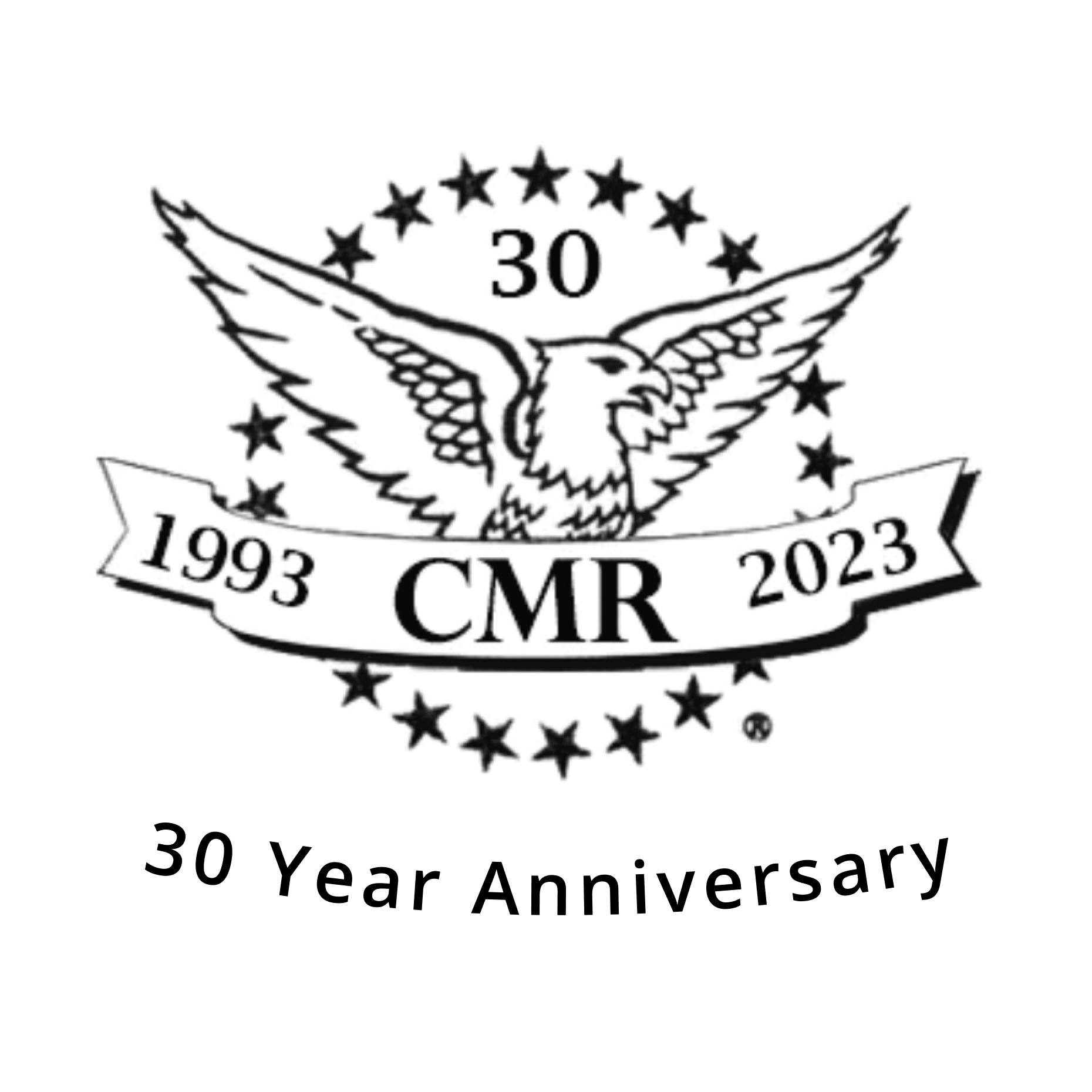Marine General Re-Affirms: U.S. Military Should Not Follow European Model

There is more to say about the testimony of Gen. John Sheehan, USMC (Ret.) who was invited to speak before the Senate Armed Services Committee on March 18 in support of the 1993 law stating that homosexuals are not eligible for military service. Among other things, Gen. Sheehan confronted the constantly-repeated, thinly-reasoned claim that the American military should adopt liberal social policies in our military:
Senate Testimony: European Militaries are Not Role Models for U.S
The general made unequivocal observations about cultural change in the aftermath of the Cold War, which had the effect of weakening European militaries that he served with as the Army's Atlantic NATO Commander from 1994-1997. His comments were a direct challenge to the credibility of gay activists who keep citing 25 mostly-European militaries as examples that the United States should emulate.
The counter-attack began almost immediately, starting with Senate Armed Committee Chairman Sen. Carl Levin (D-MI). Under questioning, Gen. Sheehan discussed the consequences of cultural change in some European militaries, including the Netherlands, which decided to adopt different priorities because the Soviet threat no longer existed. The introduction of labor unions and socially liberal goals, including the inclusion of professed homosexuals in the ranks, changed the mission of the armed forces to something less than combat-ready military forces.
Gen. Sheehan cited as an example the 1995 Serb attack on Srebrenica, in which the Serb attackers tied up soldiers of a small Dutch force before taking away and murdering 8,000 Muslim men. Liberal media accounts wrongly accused Gen. Sheehan of placing the blame for the Srebrenica massacre on individual gay soldiers in the Dutch Army. This was not what he said-the force was dangerously undermanned due to cultural change that miscalculated future threats. An apparently defensive Dutch ministry protested and claimed that Gen. Sheehan had disparaged gay soldiers and misrepresented the views of a retired Dutch general in support of his point.
On March 29 Gen. Sheehan sent a personal note to retired Dutch General Henk van den Breeman, a former colleague when Sheehan was the Army's Atlantic NATO Commander. In his note, linked here, Sheehan confirmed that his statements at the hearing, in answer to questions from Chairman Levin, were made in good faith. He apologized, however, for using the Dutch general's name when Sen. Levin demanded to know whether NATO colleagues agreed that radical cultural change in post-Cold War European militaries had contributed to the tragedy at Srebrenica.
Gen. Sheehan wrote, "[T]he failure on the ground in Srebrenica was in no way the fault of the individual soldiers." Instead, the tragedy occurred due to "rules of engagement [that] were developed by a political system with conflicting priorities and ambivalent understanding of how to use the military. As we know, the consequences of those compromises were devastating."
The general's private note was released to the media, causing another wave of criticism in an Associated Press report that misinterpreted Gen. Sheehan's attempt to clarify his remarks:
US Ex-General Apologizes for Dutch Gay Remarks
Contrary to the AP headline, General Sheehan did not retract or apologize for the substantive point of his testimony. As he stated, individual soldiers in the undermanned Dutch military force that the Serbs overwhelmed at Srebrenica were not responsible for decisions made by superiors. The point remains that inverted priorities can result in the loss of lives, both military and civilian.
Gen. Sheehan did concede that his understanding of a long-ago conversation may have been in error, and he apologized for that. This happens between honest people all the time. It is important to note, however, that his position on the issue remains unchanged and would have been the same even if he had not conversed with the Dutch general in 1993, right after the hearings on Clinton's push for gays in the military.
Gen. Sheehan's testimony as a former military leader is far more credible than reports from civilian gay-activist "experts" that essentially quote only their own "research" and testimonials from like-minded friends in Europe. Once a military force puts liberalization above military effectiveness, hallmarks of "success" only relate to social goals, not military effectiveness.
By this inadequate standard, all foreign militaries will continue to declare their experience with homosexuals to be completely successful. This is why the U.S. military should not emulate the example of foreign, largely-European militaries with priorities skewed by social goals.
Gen. Sheehan's note was gracious, but private. It should not have been released by the Dutch general and the ministry within hours of its receipt. Still, his testimony and follow-up note made solid points that needed to be heard: Cultural change in a military force has consequences, and European militaries should not be considered role models for America's armed forces.

_89x132_1490350447_120x120.png)

